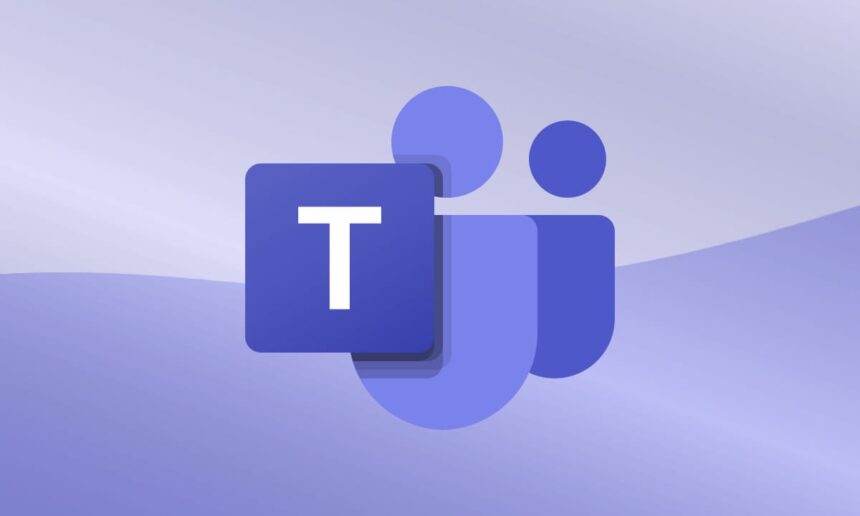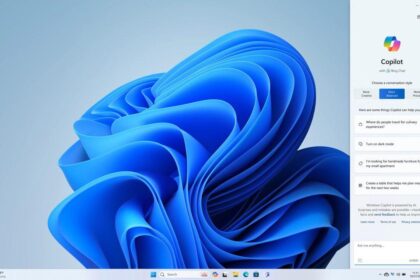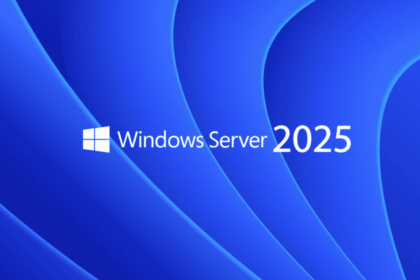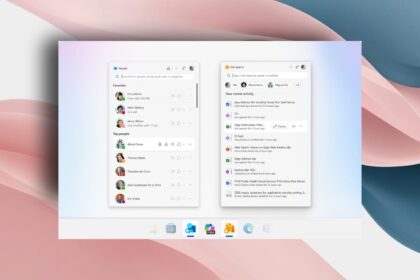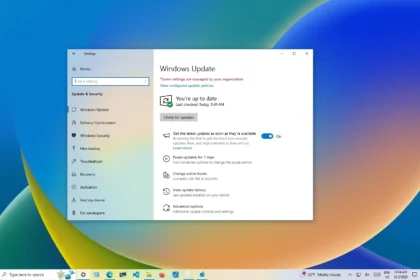People have been complaining about Microsoft Teams’ poor performance for years, and not without reason. Even after the launch of the new, supposedly faster client, many users still report that starting a call takes forever. Now, Microsoft is finally taking a meaningful step to address the issue by modifying the app’s internal architecture — something that should have been done long ago.
What’s changing in Microsoft Teams
Beginning January 2026, the Windows version of Teams will introduce a new process called ms-teams_modulehost.exe. This process will run as a child of the main ms-teams.exe, but its job will be completely separate:
it will handle all audio and video call operations, including starting, maintaining, and managing meetings.
Microsoft says the change will:
- Shorten the time it takes for calls and meetings to launch
- Improve performance by separating call handling from the rest of the app’s logic
- Enhance the meeting experience without requiring users to learn anything new
From the user’s perspective, nothing changes visually. You’ll press the same call buttons as always — all the optimization happens quietly in the background.
Why splitting the processes makes Teams faster
This move is part of a broader trend across Windows and Microsoft 365, where key tasks are being isolated into dedicated processes. The benefits are straightforward:
Fewer chain slowdowns
If the main Teams process is bogged down by chat, notifications, or plugins, the new call handler still has enough CPU and memory to keep calls running smoothly.
Smarter resource handling
A separate process makes it easier for Microsoft to:
- Prioritise call performance during meetings
- Diagnose issues by distinguishing between app-wide problems and call-specific ones
It’s not a flashy feature, but it’s the kind of improvement users will feel instantly — even if they never see it in the release notes.
In short, this is exactly the type of optimisation Microsoft needs more of: less focus on cramming in new AI features, and more attention on making everyday tools actually run better.

